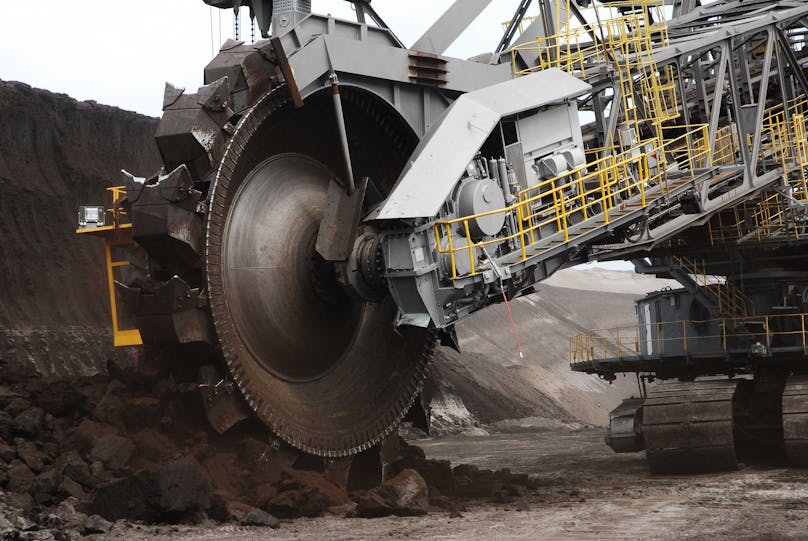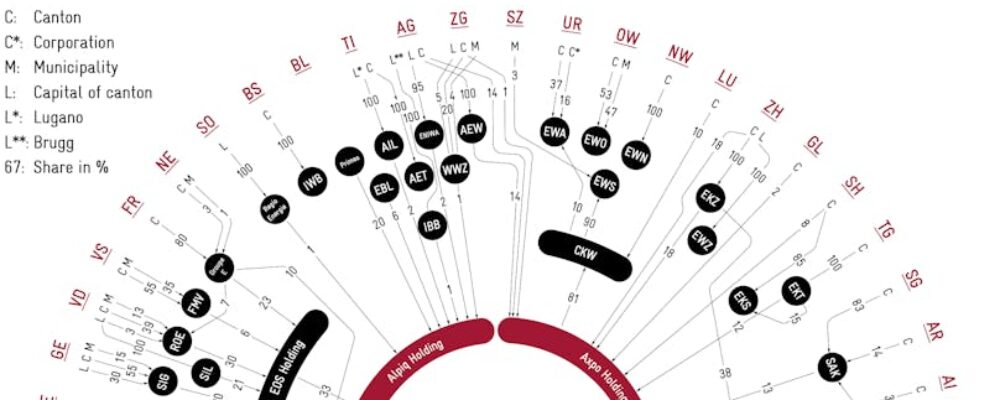“L’effet naturel du commerce est de porter à la paix […] et toutes les unions sont fondées sur des besoins mutuels.” Most people are probably more critical of the Enlightenment philosopher Montesquieu today than they ever were. Already during the Covid-19 pandemic, supply chains and trade started to be considered a problem. Since the war in Ukraine, economic interdependence as a path to peace has come under pressure.
Perpetual peace
At first glance, the concept known as “change through trade” appears convincing. Trade creates interdependence between states, making future conflicts too costly. International division of labor means that countries produce what they are best at (relatively speaking). With open borders, everyone involved can benefit. A middle class can emerge and demand more political rights. Their increased political influence reduces the likelihood of those in power starting a war.
The European Coal and Steel Community laid the cornerstone for peace in Western Europe. (Adobe Stock)
The concept proved to be a success at first. After WWII, Germany, France and other countries were closely linked through trade and investment. Founded in 1951, the European Coal and Steel Community, the forerunner of the EU, laid the groundwork for peace in war-torn Western Europe. Economic cooperation in war-critical raw materials had the intention of preventing future conflicts.
Hopes were still high after the Cold War that a free-market economy and democracy would finally prevail after the supposed “end of history”. Former US President Bill Clinton commented on China’s WTO accession in 2000: “The more China liberalizes its economy, the more fully it will liberate the potential of its people […], when individuals have the power, […] they will demand a greater say.”
The light that failed
But Bill Clinton’s expectations of trade were too high. They regularly exceeded his ability to initiate social change. Criticism was raised time and again that profits from trade could extend the lifespan of authoritarian regimes. As long as prosperity increases, a large proportion of the population is willing to give up political rights.
When China joined the WTO in 2001, it did not fulfill the hopes of “change through trade”. Nor did the concept prevent the Russian attack on Ukraine. This demonstrates that the positive effects of trade often reach their limit when it comes to asymmetrical dependencies (as is often the case for raw materials, for example).
So, trade alone does not cut it. In the end, the rule of law and democratic principles are difficult to impose from outside. In Switzerland of all places, we should be aware of the importance of such social processes because of our own history. Trade may spark the need for social change, but ultimately it is the people who must shape this change locally.
Climate protection and security policy
Despite the free movement of goods and services did not necessarily bring social change and peace, one thing is clear: in addition to the rather diffuse political influence, trade has tangible economic effects. The positive impact on prosperity is undisputed. The proportion of people living in extreme poverty has fallen by almost 80 percent since 1990 because of growing globalization.
The impact of trade on environmental sustainability is increasingly being questioned. Some economists postulate a trade-off with the fight against poverty. It can, however, be argued that above a certain level of prosperity, the environmental impact decreases again (in the sense of a Kuznets curve). At least in Western industrialized countries, there has been a partial decoupling of resource consumption and economic growth in recent years – although critics argue that environmental pollution has simply been shifted to developing countries.
After all, trade and security policy have become increasingly intertwined in recent years. Tariffs or export restrictions are imposed for reasons of “national security” and products get classified as “strategic” or “critical”. Examples include rare earths, which play an important role in the energy transition, but also in the defense industry.
Challenges for Switzerland
This is not good news for Switzerland, which relies on open, regulated market access. Increasing trade restrictions – whether for security or climate policy reasons – are making the free movement of goods and services increasingly difficult. In contrast to the great powers, Switzerland cannot rely on a large domestic market. Therefore, trade barriers are more expensive.
Further diversification of trading partners is an important instrument to prevent excessive dependencies. This is necessary to mitigate the consequences of individual trade restrictions. Especially as citizens of a small, open economy, we benefit directly from free trade in the form of a greater variety of products and lower prices. Montesquieu was right, at least in the second part of his reflection: trade as free cross-border exchange is, by its very nature, more than a zero-sum game.
De l’Esprit des lois, 1748. Livre XX, chapitre II.
“Avenir Suisse is an independent think tank that works for the future of Switzerland by developing evidence-based, liberal, free-market ideas.”
Please visit the firm link to site





